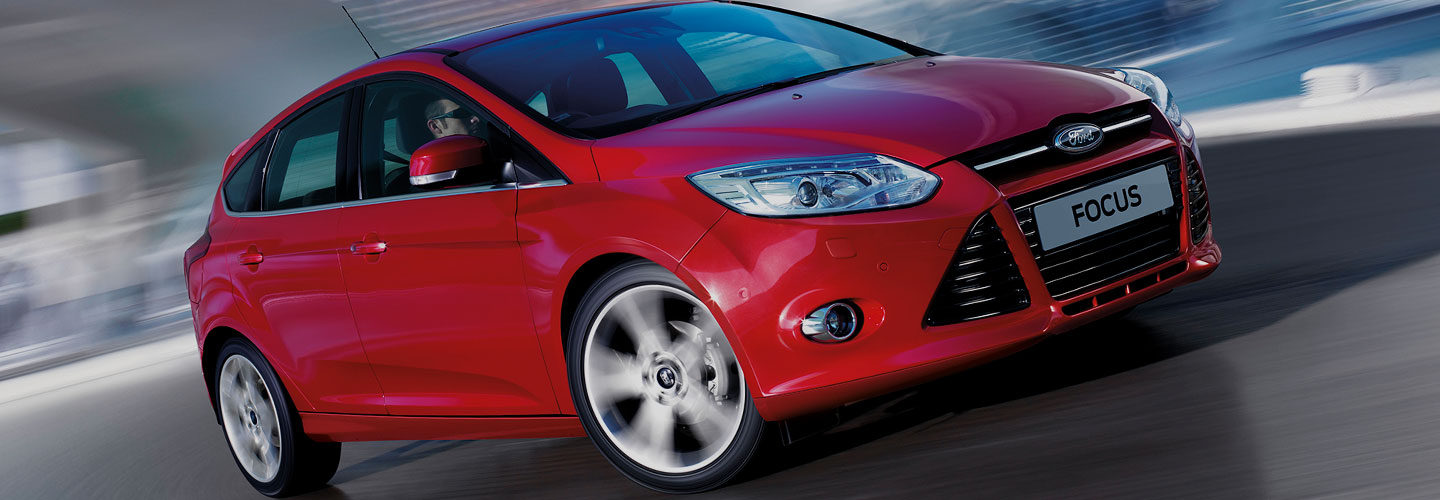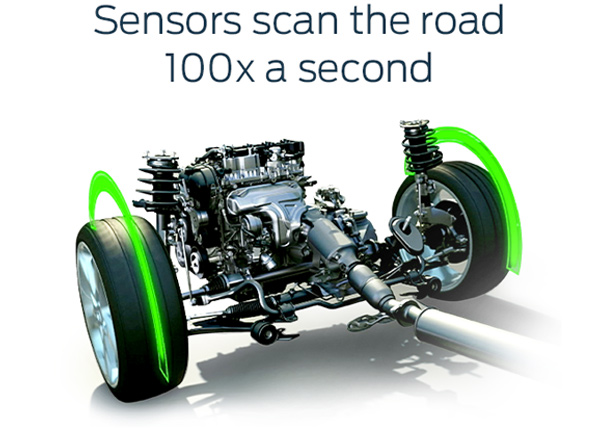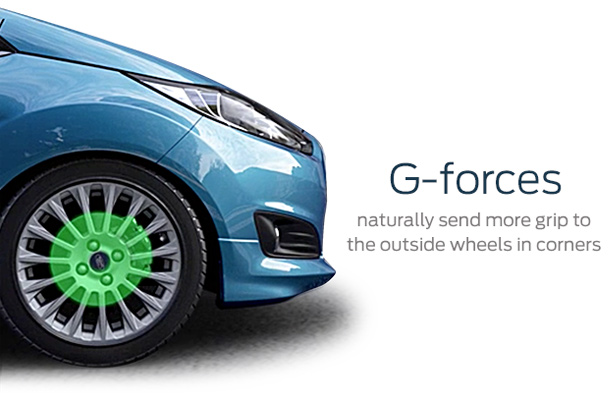TORQUE VECTORING CONTROL
and control. Torque Vectoring Control balances braking and speed for improved handling. Even in less than
perfect conditions.

Smart cornering
wheels than your inside ones in a corner.
· Take a corner too fast and understeering may occur,
especially in front-wheel-drives, causing your vehicle to slide
to the outside edge of the turn, rather than going in the
direction you want to go.
· Using the braking system to imitate the effect of a torque
vectoring differential, Torque Vectoring Control steps in
before wheel spin occurs.
· Light brake force is applied to the front inside wheel as soon
as it begins to lose grip, sending more engine torque to the
outside wheel that has more grip.


Control when you need it
and improves the steering ability of the inside tyre.
· The front end hugs every corner for improved traction and
handling when accelerating through corners.
· Originally developed for sports vehicles to avoid the need
for a limited slip differential and other costly components,
it is now a standard feature on a number of Ford vehicles.

